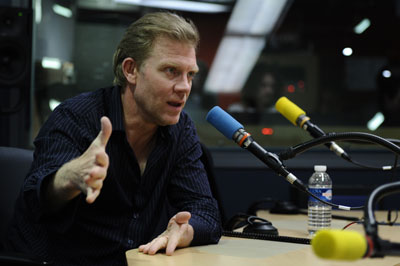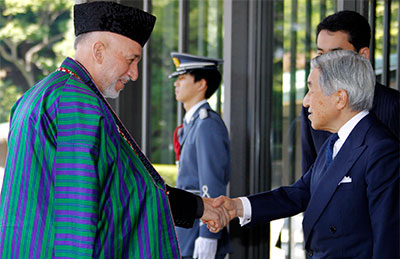
Afghan donors must address media repression
One thing that had better be high on the agenda this weekend at the meeting of 70 or so international aid donors for Afghanistan in Tokyo is the recently released official draft version of the Mass Media Law (a copy of the draft can be found here). I mentioned the new draft in a June…
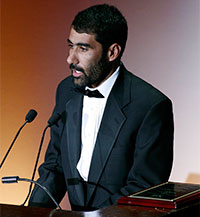
Afghan media is under political and economic pressure
Danish Karokhel, who won a CPJ International Press Freedom Award in 2008, messaged this morning concerned that the news agency he runs, Pajhwok Afghan News, and some other media outlets have been referred to the Attorney General’s Office by the Ministry of Information and Culture for reporting on an alleged bribery scandal involving a member…

Why journalists need new ways to stay safe
After the Salvadoran online newsmagazine El Faro exposed a secret government deal with criminal gangs last month, its staff faced repercussions that illustrate the new and complicated risks facing journalists worldwide. El Faro’s report, which said the government provided more lenient treatment of imprisoned gangsters in exchange for the groups’ agreement to slow down their…
Afghan journalist’s death must lead to better combat rules
Wednesday, the Afghanistan Analysts Network (AAN) released its report, “Death of an Uruzgan Journalist: Command Errors and Collateral Damage,” by Kate Clark on the July 2011 shooting death of journalist Omaid Khpalwak. Clark’s details on how Khpalwak died corroborate and then go beyond the investigation already conducted by the U.S.-led NATO forces who were responsible.…
Ahmed Rashid on U.S. policy in South Asia
At Columbia University on Monday evening, CPJ board member Ahmed Rashid held forth to a full house in a conversation with Steve Coll about U.S. foreign policy in Afghanistan and Pakistan. If you’re reading this blog, there’s most likely no need to explain who Rashid is–or Coll, for that matter. The earliest reference I could…

Afghan journalist’s death is a loss for press freedom
Ahmad Omaid Khpalwak covered violent news. His last two stories for Pajhwok Afghan News, before he died on July 28 in a major attack in Tarin Kot, capital of Uruzgan province, were about an attack on police checkpoints in which both Taliban and police were killed, and an interview with a would-be suicide bomber. Few of…
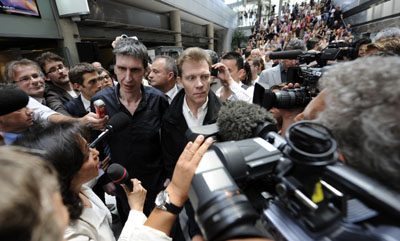
French ex-hostages: Press must continue in Afghanistan
Stéphane Taponier and Hervé Ghesquière, the two France 3 journalists held captive by the Taliban for 547 days, had a big surprise when they entered the France Télévisions building Thursday afternoon, a few hours after landing at the military base of Villacoublay, close to Paris, where they were welcomed by President Nicolas Sarkozy.
Threats, security in Afghanistan: Some responses
Last Friday’s post, “After bin Laden, a warning to foreign journalists,” generated several responses from Western journalists in Kabul. I also did two lengthy interviews on Monday with the U.S. government-funded broadcaster Voice of America, and fielded questions from several other news outlets.
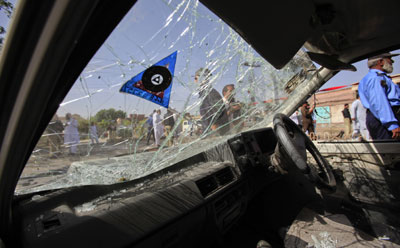
After bin Laden, a warning to foreign journalists
Security is always risky in Kabul, as it is in the entire Afghanistan-Pakistan theater. But the May 2 U.S. raid into Pakistan and killing of Osama bin Laden has raised the risk of retaliation against international representatives, including journalists.
